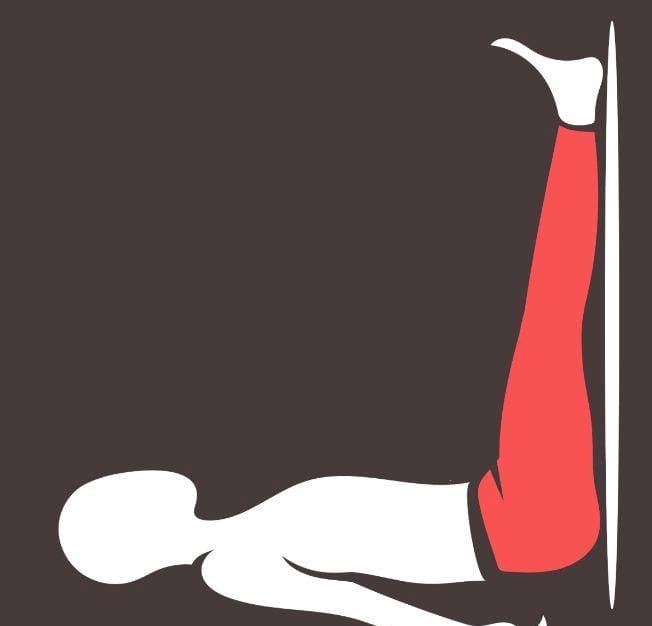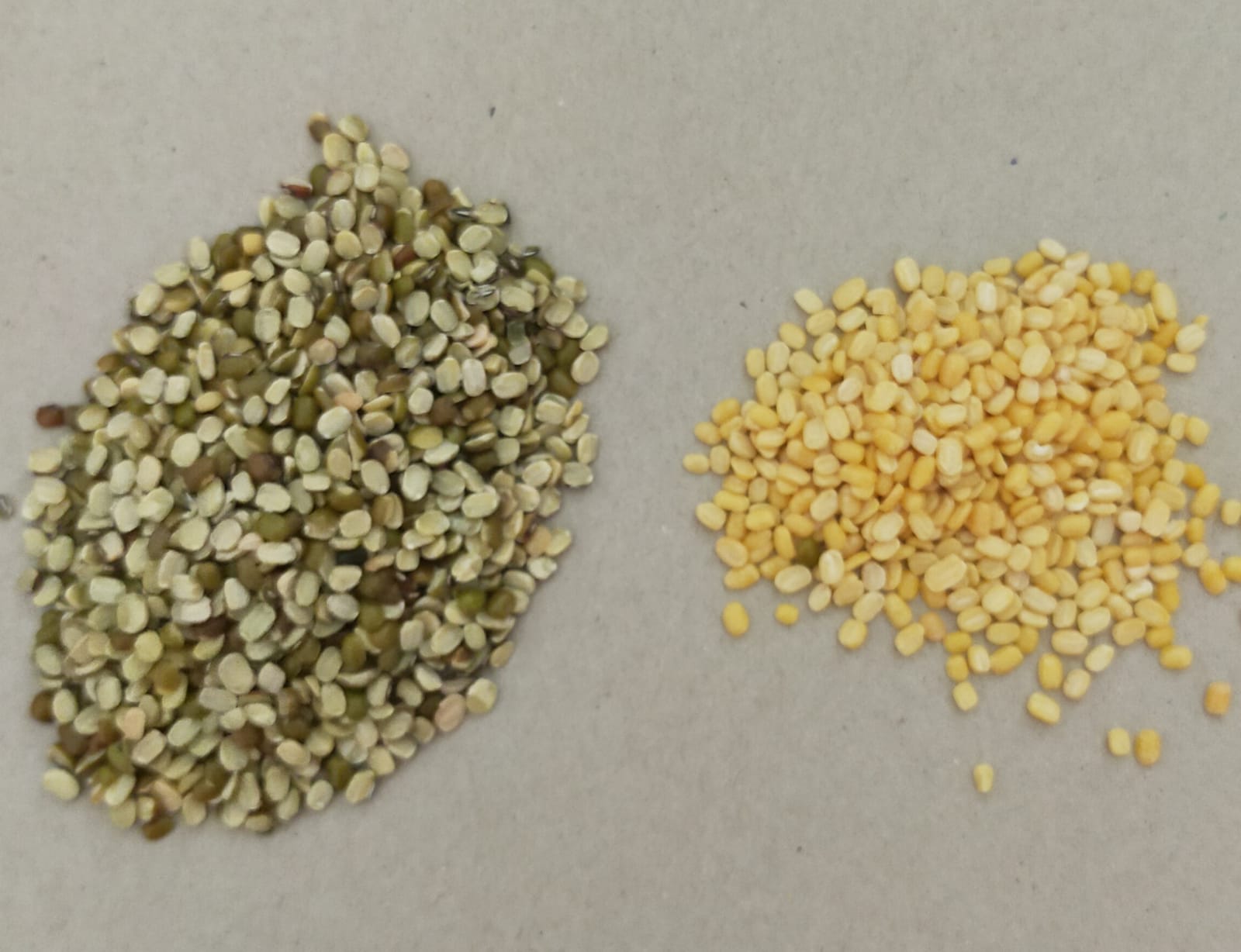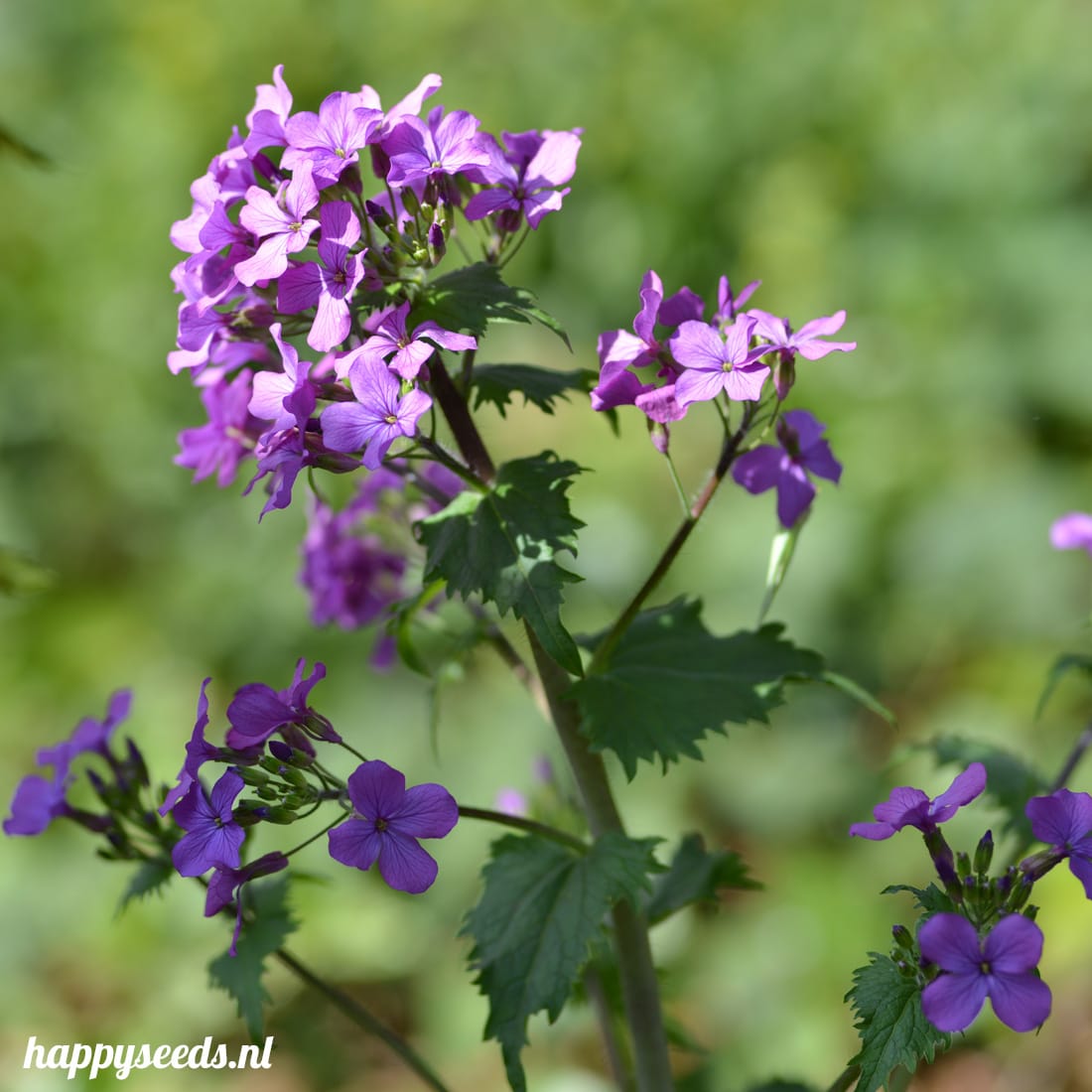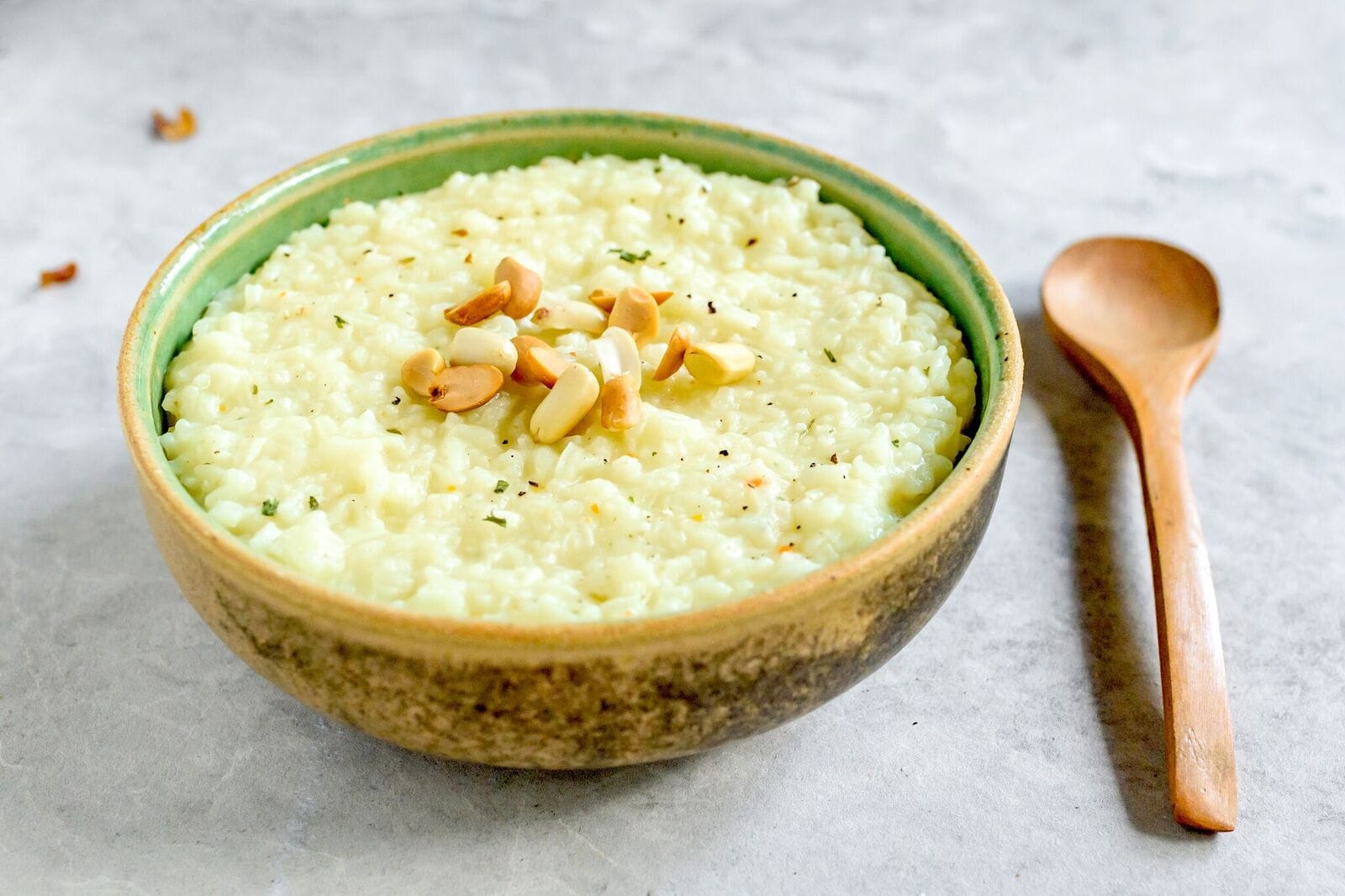Want to reduce to amount of plastic you bring into your house, without putting a ton of effort in it. I’ve got it covered!
About a year ago I started to reevalute my plastic consumption. It seems like EVERYTHING is made out of plastic of at least packaged in plastic. But, by making a couple of little swaps, it’s not that hard to cut down your plastic usage.
But, why bother? Well, there are two main reasons to reduce the ue of disposable plastics in your life:
- Every plastic item you’ve trown out, still exists
We tend to think of plastic as a reusable, recyclable material, but the truth is that the majority of plastic will not be recycled. A LOT of plastic ends up at our landfills or in nature, where it will live for a very, very long time. We all know about the painful deaths it gives to animals who eat of get stuck in it.
Even when we separate plastic for the recycling process, still most of it can’t be recycled, like cling wrap, flimsy bags, colored bottles – or when there are too many other materials in the batch or when it’s too dirty.
A very, very small percent of plastic will be recycled, mostly clear PET-bottles. The rest is most likely to be burnt.
- Plastic is made from a non-renewable source
Plastic is made from oil found in fossil fuels, which are the most commonly-used non-renewable resource. We’re depleting the earth’s resource at an alarming rate.
So why continue manufacturing? Essentially the answer breaks down into: ‘convenience’.
Wait, is all plastic bad?
Not really. Plastics have been a gift and a curse of an invention. The have made many advancements in the medical field. From IV’s to medicine bags to diposable gloves that help protect form disease, plastics can be found all over doctor’s offices and hospitals.
But it’s the disposable stuff that we need to get a handle on. And boy, there is a lot of disposable packaging these days. For instance; take a look at the grocery store, a place we all visit regularly.
So, let’s rethink the way we do our groceries:
- Bringyour reusable shopping bag
This is quite standard already, especially now since plastic bags aren’t free anymore here: bring your own shopping bags to the grocery store – or any store for that matter. You can stop use dozens of plastic bag per month by doing this.
- Bring your reuseable produce bags too
People are using them more and more; you really don’t need one of those little plastic bags for every fruit or vegetable you buy. You can buy reuseable ones at almost every grocery store nowadays, but your can also make them from pieces of fabric and rope (bonus points if you use what you already have laying around or when you buy the materials secondhand).
- Go for reuseable packaging (or no packaging at all)
In general, always opt for glass, tins, stainless steel, wood, bamboo or paper. Or even better: no packaging at all. A lot of grocery stores offer package free fruit, bread and nuts. Use your own produce bags and you’re ready to go!
Some more specialized shops even offer grains, pasta’s, herbs, spices and oils without packing.
Bonus tip: wash out the glass jars you emptied and use them to store your package free groceries at home.
- Swap out plastic bottles of water
Not only are plastic water bottles a waste of money (we have perfectly drinkable water in this part of the world), they also pollute our nature and oceans.
Use the bottles you still have as many times as possible before throwing them out. After that, you can invest in a fancy glass or stainless steel water bottle OR just buy a drink in a glass screw cap bottle and keep refilling it.
- Use alternatives for plastic wrap
Plastic wrap or cling wrap is very wasteful; it can’t be recycled and it is not necessary when itcome to perseving food. Use those plastic containers you already have, put a plate on a bowl or – if you are feeling fancy – use beeswax and soy wax wraps.
Made from cotton, wax and resin, these wraps can be molded around containers and food itself to keep it fresh. They can be washed, reused and last for up to a year. And, also important: some can be composted.
Reducing plastic use is everyday life isn’t massively difficult with a bit of ingenuity. Reduce and reuse is al that is takes. You can do it too!
Eline





